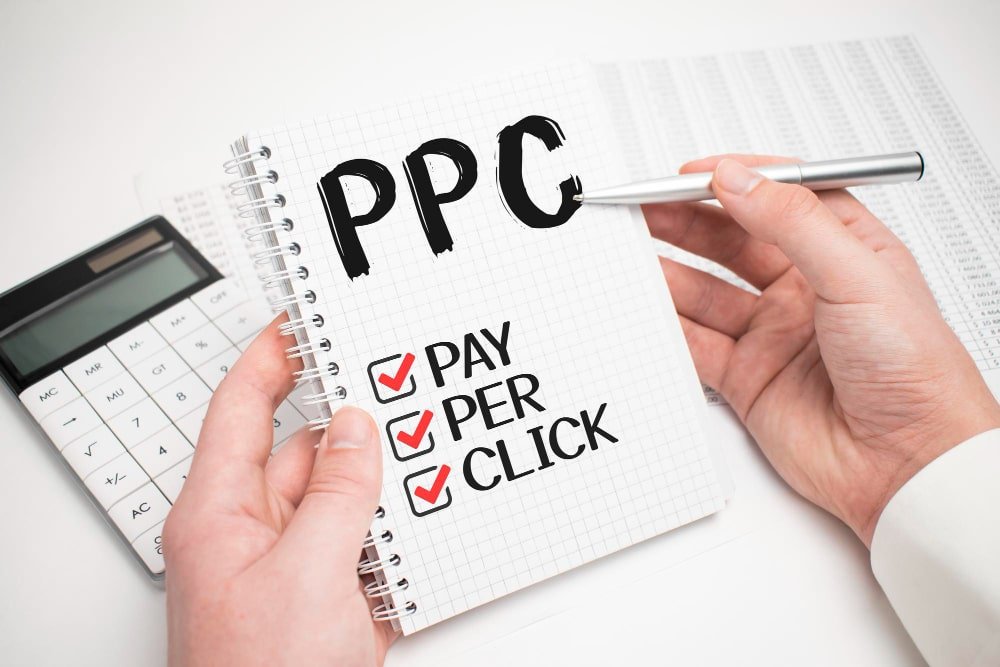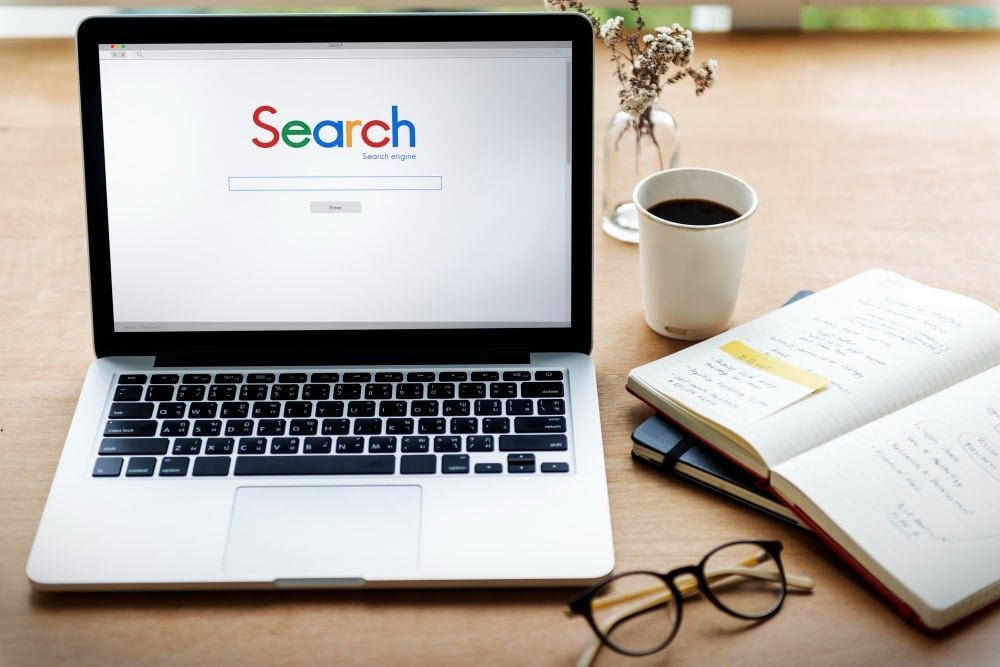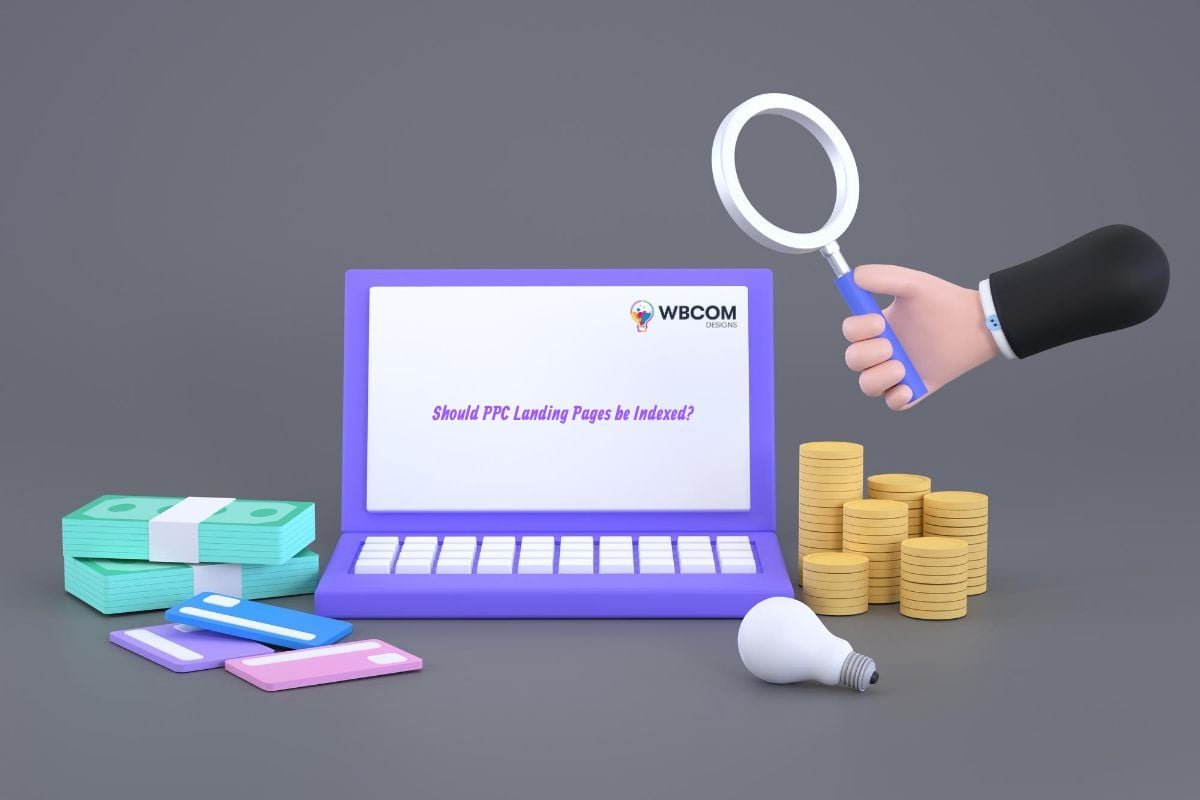Do you know if your PPC landing pages should be indexed? As a marketer, it’s essential to understand the implications of indexing your landing pages and how it can impact your campaign’s success. While some argue that indexed landing pages can lead to increased visibility and organic traffic, others caution that it can dilute the user experience and decrease the effectiveness of your PPC efforts. In this blog post, we’ll dive deep into the pros and cons of indexing your landing pages and help you decide whether it’s the right choice for your business. So please grab a cup of coffee and explore this fascinating and relevant topic together.
Table of Contents
ToggleUnderstanding the PPC Landing Page
A PPC (Pay-Per-Click) landing page is a specific webpage created for a digital advertising campaign. It aims to drive conversions by providing visitors with a clear, focused call to action. The design, content, and layout of a PPC landing page are all optimized to entice visitors to take the desired action, such as making a purchase, filling out a form, or subscribing to a newsletter. The effectiveness of a PPC landing page is typically measured through metrics such as conversion rate, bounce rate, and time on page.
What it means for your PPC campaigns
PPC landing pages are a crucial component of any PPC campaign as they significantly convert leads into customers. With well-designed and optimized landing pages, you can increase your chances of converting leads into customers and achieving a high return on investment (ROI) from your PPC campaigns.
How do they differ from regular web pages?
PPC landing pages differ from regular web pages in several ways. They are designed specifically for paid advertising campaigns, and their sole purpose is to convert visitors into customers or leads. Unlike regular web pages, they have a singular focus and a clear call to action.
PPC landing pages are typically stripped of any unnecessary elements that could distract visitors from taking the desired action, such as navigation menus or external links. Instead, they often have a simple, minimalist design highlighting the key benefits of the promoted product or service.
PPC landing pages can be used in various online advertising channels, including search engines, social media platforms, and display advertising networks. When a user clicks on a PPC ad, they are directed to the corresponding landing page to learn more about the product or service being offered and take the desired action.
To create effective PPC landing pages, conducting thorough keyword research and making compelling ad copy that will attract the right audience is essential. The landing page should be designed with a clear and concise message, with a prominent call to action that encourages visitors to act. Additionally, it’s important to continually test and optimize landing pages to improve conversion rates and maximize ROI.
Also Read: Unveiling the Power of WordPress Custom Website Chicago
What does it mean for a landing page to be indexed?

Indexing refers to the process by which search engines like Google scan and catalog web pages so that they can be included in search engine results pages (SERPs). When a page is indexed, it means that the search engine has crawled the page and determined that it contains valuable information that may be useful to people searching for related keywords.
For PPC landing pages, indexing can be both beneficial and potentially problematic. On the one hand, indexing a landing page by search engines can increase the page’s visibility and potentially drive organic traffic to the site. Additionally, indexed pages can receive backlinks and social shares, improving website authority and overall SEO.
However, there are also potential downsides to indexing PPC landing pages. One concern is the risk of duplicate content issues, where a search engine may penalize the page for content that is too similar to other pages on the website or elsewhere. Additionally, indexing a landing page may dilute the page’s conversion rate. Users who arrive at the page through organic search may not be as targeted or qualified as those who come through PPC ads.
In general, whether or not to index PPC landing pages is a decision that should be made on a case-by-case basis, considering factors such as the campaign’s goals, the uniqueness and relevance of the landing page content, and the overall website structure and internal linking. By carefully considering these factors, marketers can decide whether to index a landing page and optimize it for search engines or keep it unindexed and focus on driving traffic through PPC ads.
Also Read: Avada vs Elementor vs Divi
Pros and Cons of Indexing PPC Landing Pages
- Pros of indexing
- Increased visibility and potential for organic traffic
- Opportunities for backlinks and social shares
- Can improve website authority and overall SEO
- Cons of indexing
- Potential for duplicate content issues
- Risk of diluting conversion rates
- Increased workload for website maintenance
Also Read: Pros and Cons of Generative AI in Business Operations: Striking the Right Balance
How to Decide Whether to Index PPC Landing Pages

Factors to consider when making the decision
Campaign goals and priorities
If the primary goal of a campaign is to drive traffic and generate leads or sales, then indexing the landing page may be beneficial as it can increase the page’s visibility and potentially drive organic traffic to the site. Additionally, indexed landing pages can receive backlinks and social shares, improving website authority and overall SEO.
On the other hand, if the primary goal of a campaign is to generate highly targeted leads or sales, then keeping the landing page unindexed may be the better option. This can help ensure that the traffic arriving at the page is highly targeted and qualified, as visitors will be coming through a specific PPC ad and will be more likely to take the desired action.
Also Read: WordPress Error Establishing a Database Connection: A Comprehensive Guide
Content uniqueness and relevance
If the landing page contains unique and high-quality content relevant to the ad that brought the visitor to the page, then indexing the landing page may be beneficial. This can increase the page’s visibility in search results and potentially drive organic traffic. Additionally, indexed landing pages can receive backlinks and social shares, improving website authority and overall SEO.
However, indexing the page may not be as beneficial if the landing page contains content that is too similar to other pages on the website or elsewhere on the internet. This is because search engines may penalize the page for having duplicate content, which can harm the page’s visibility and overall search engine rankings.
Keyword competition and search volume
If the targeted keywords have high competition and low search volume, then indexing the landing page may not be as beneficial. This is because it may be difficult for the page to rank well in search results, and the potential organic traffic generated from indexing may not be worth the effort.
On the other hand, indexing the landing page may be more beneficial if the targeted keywords have low competition and high search volume. This is because there is a greater chance that the landing page will rank well in search results and generate organic traffic that can supplement the traffic generated by the PPC ads.
Also Read: Beyond Labels: The Impact of Intelligent Equipment Tagging
Website structure and internal linking
Suppose the landing page is part of a well-structured website with good internal linking. In that case, indexing may be beneficial as it can help improve the overall website authority and SEO.
By indexing the landing page, it can receive backlinks and social shares, improving the website’s overall authority and helping improve the search engine rankings of other pages. Additionally, indexed landing pages can help improve the website’s internal linking structure, which can help improve the user experience and make it easier for search engines to crawl and index the site.
However, if the landing page is not part of a well-structured website with poor internal linking, then indexing the landing page may not be as beneficial. Search engines may have difficulty crawling and indexing the landing page. In addition, the carrier may not receive backlinks or social shares that can improve the website’s overall authority.
Final Thoughts and Recommendation
Deciding whether or not to index a PPC landing page can be a critical decision for any marketer or business. While there are many factors to consider, it ultimately comes down to the specific goals and priorities of the campaign.
In general, if a landing page contains unique, high-quality content that targets keywords with low competition and high search volume, is part of a well-structured website with good internal linking, and has lead generation goals, then indexing the page may be beneficial. However, if the page has duplicate content, targets keywords with high competition and low search volume, is part of a poorly structured website with poor internal linking, or is an e-commerce product page, then keeping the page unindexed may be the better option.
Interesting Reads:
5 Steps For Effective SEO And PPC Keyword Generation








